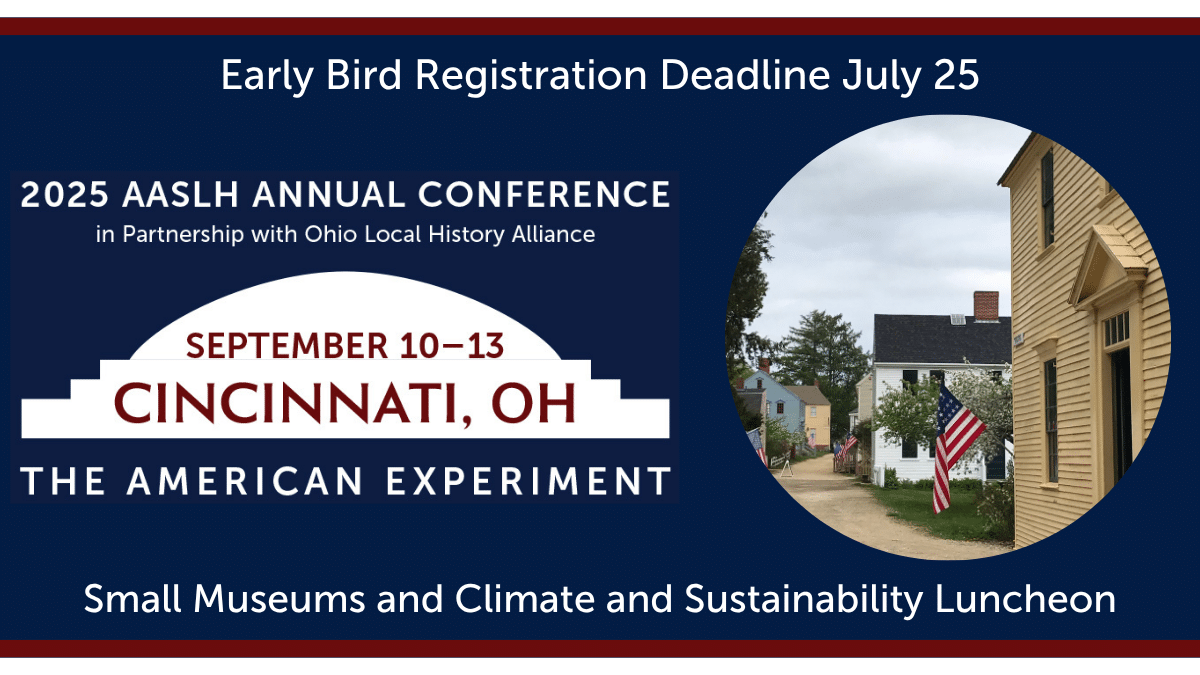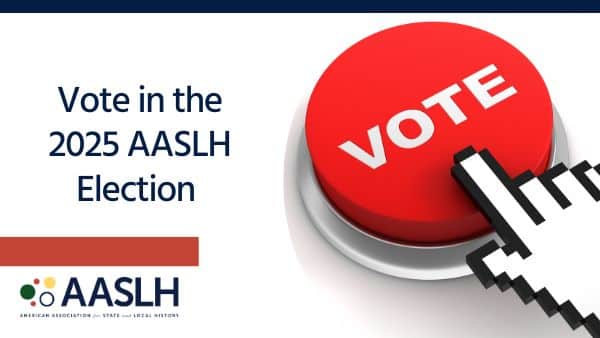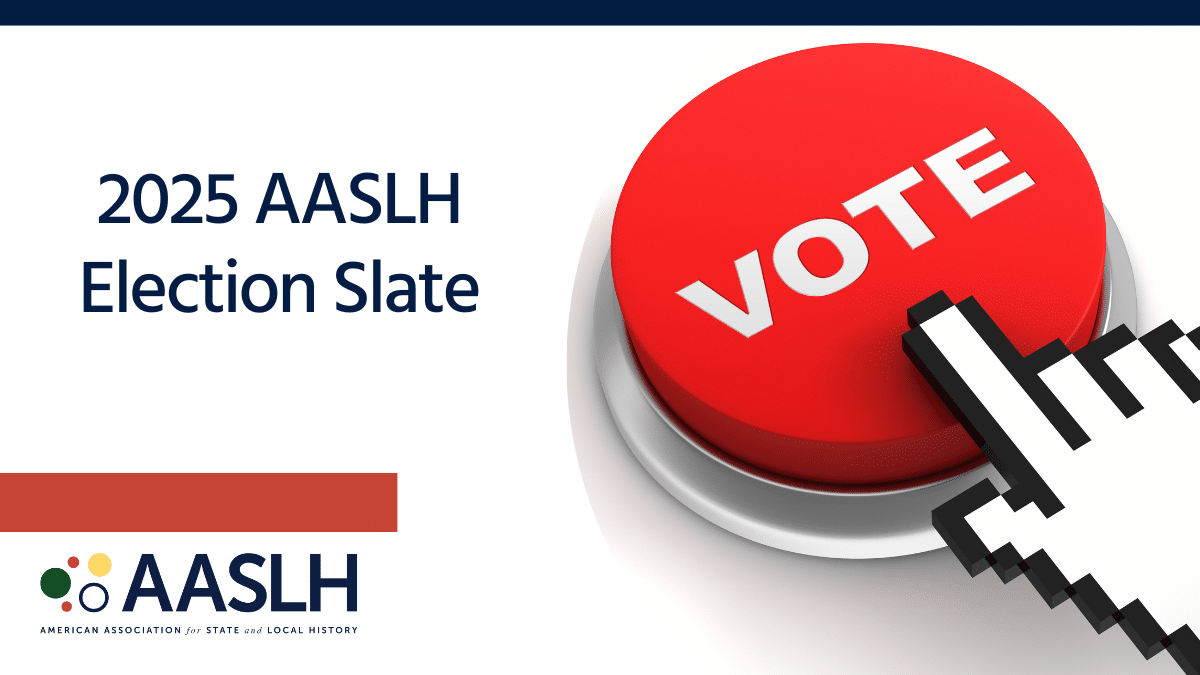
As history organizations around the country adapt to the rapidly evolving COVID-19 outbreak and prepare to confront an uncertain future, AASLH will share resources and ideas from across the field as quickly as we can through our Weekly Dispatch email newsletter and posting them here on the blog.
Send us examples: AASLH relies on you to serve as our eyes and ears in the field. We want to know how your organization and other history institutions are dealing with this crisis. Please send any useful tips and resources to [email protected]. For example:
- How is your organization responding to the COVID-19 situation? How are you continuing to serve your community? You might send specific action plans, decision making processes, or insight into the difficult choices history institutions are confronting.
- What specific steps is your organization taking to look after your staff and volunteers? How are you attempting to provide for the wellbeing of your staff during this difficult time?
- Do you know of history organizations offering new services to help fill gaps in their communities with regard to social services? This might include museums or historic sites serving as points of service for food programs, providing space for medical screenings, or other essential functions not typically carried out by history organizations.
A very brief answer to any of these questions will help guide and reassure your colleagues across the history community and help AASLH coordinate with other associations and federal agencies to support the field.
Finally, we are looking for individuals who are experienced in crisis management (e.g., were in leadership positions during the 2008 recession) who might be willing to serve as an advisory resource for colleagues at other institutions. Please send us a message at [email protected].
This Week
Using Scenarios to Plan Your Response: At the Center for the Future of Museums Blog from the American Alliance of Museums, Elizabeth Merritt offers insight into how institutions can use different scenarios to help plan their response to this crisis. Read more.
Bracing for Economic Devastation: Museums contribute more than $50 billion to the economy each year, but many face devastating economic consequences due to COVID-19 closures. Read more.
Podcast Quick-Start Guide: Museum and cultural institution podcast expert Hannah Hethmon has developed a how-to guide for institutions considering developing a podcast to continue serving audiences despite COVID-19-related closures. Read more.
Resources from the National Trust: The National Trust for Historic Preservation has put together a list of online resources for nonprofits, historic sites, and other types of cultural organizations seeking help as they respond to COVID-19. Read more.
Free Access to The Public Historian:NCPH and University of California Press are providing free access to The Public Historian through June. As always, AASLH Individual Members also get special pricing on an annual subscription: $30 for an Electronic-Only subscription (regularly $89) and $40 for Print and Electronic subscription (regularly $99). Access the latest issue.
From AASLH
Reminder: All AASLH staff are working remotely until further notice. We’re still answering phones and voicemails. If you need to connect with a specific staff member, please email them directly.
Responding to COVID-19 in Washington State: On the AASLH blog, Council member and Washington State Historical Society director Jennifer Kilmer offers insight into how that institution is looking out for the public, staff, and volunteers. Read more.
Connect With Your Colleagues: AASLH has introduced a new way to connect with fellow history practitioners in your area of interest or expertise through our new “Affinity Community Forums.” Read how to join here.
Free Technical Leaflets: AASLH has made our Technical Leaflets “Managing Through Hard Times” (2010) and “Advocating for Your Organization with Local Government” (2019) available for free.
Share Visitation Data: AASLH’s “National Visitation Survey” is open through the end of the month. We are asking institutions to submit their 2018 and 2019 visitation figures. Reliable data about recent visitation will ensure we can properly assess the impact of this year’s coronavirus closings. Submit your information here.



